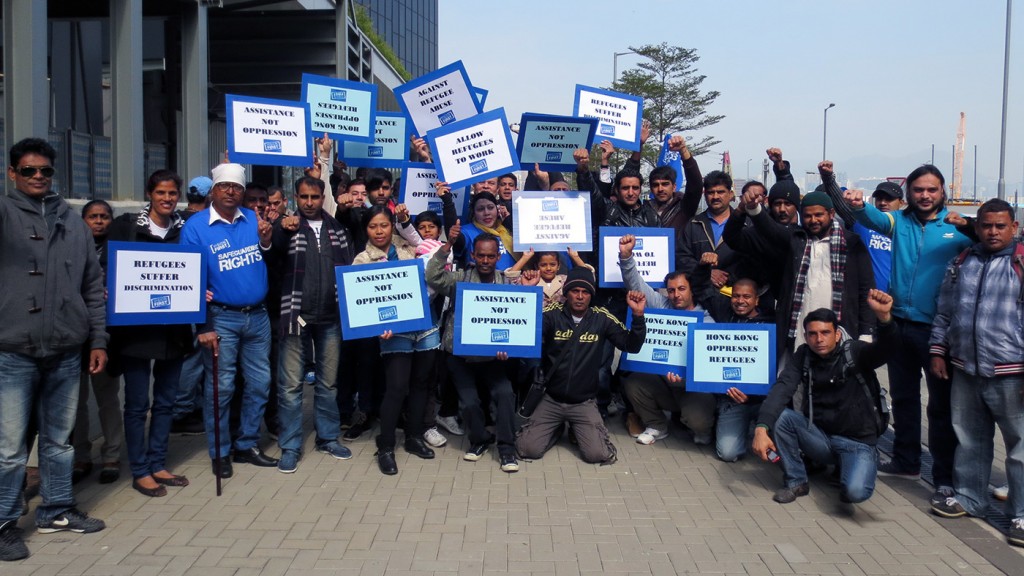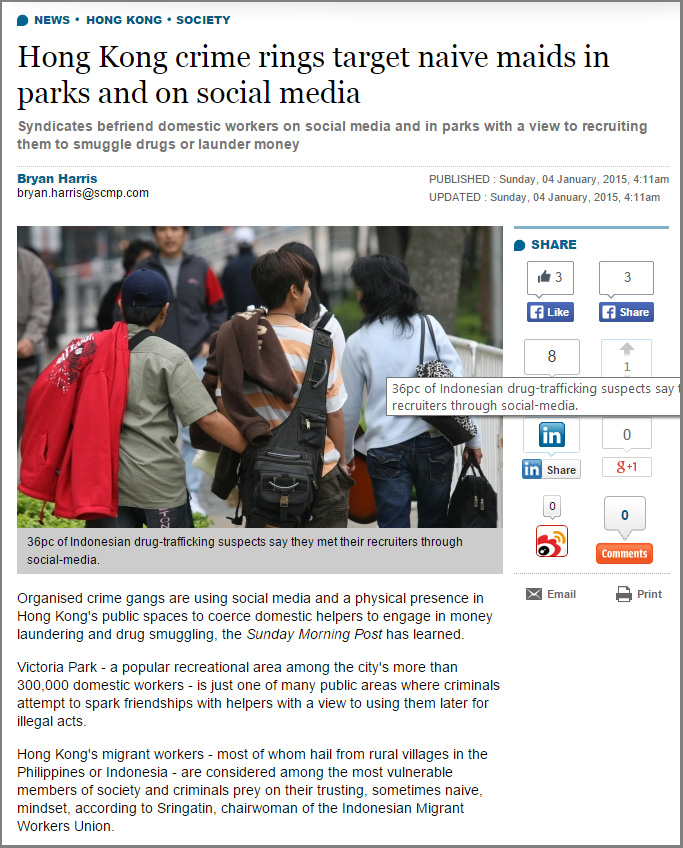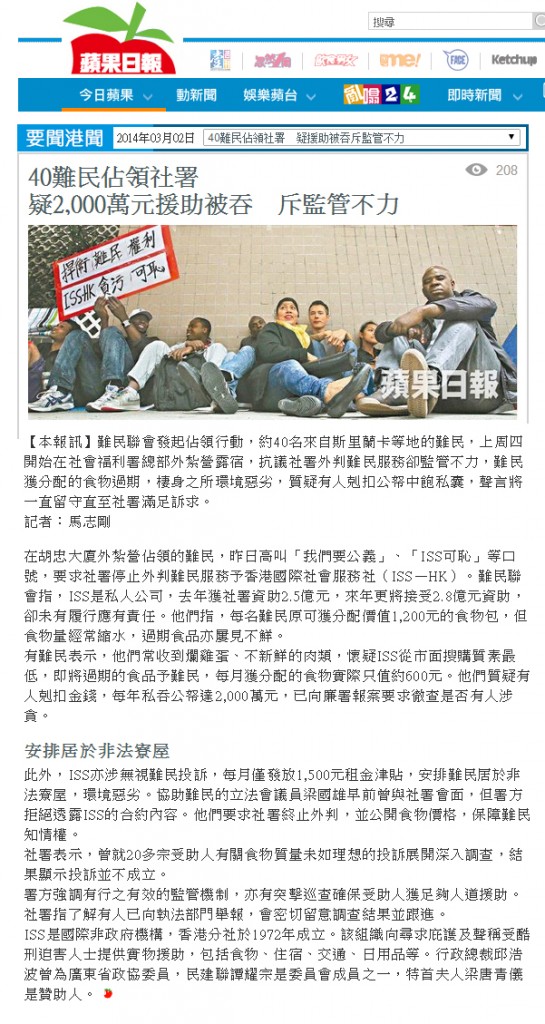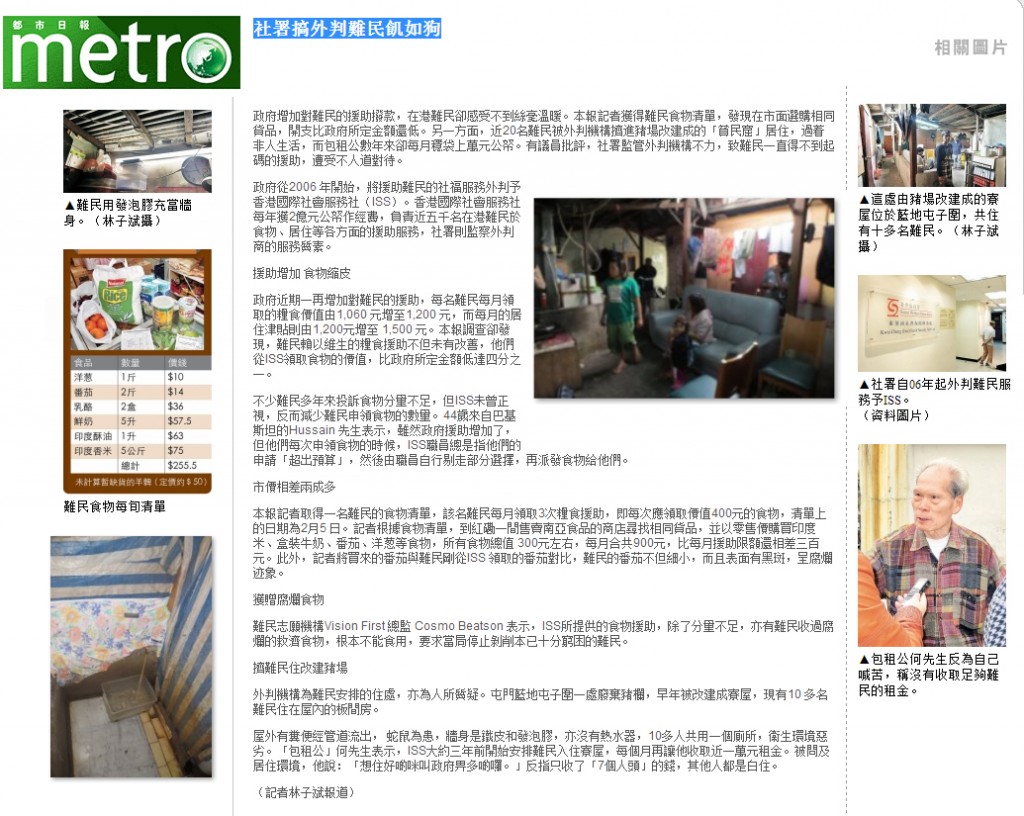VF Report: Criminal intimidation and arson in a refugee slum
Jan 12th, 2015 | Crime, Housing, VF Report | Comment
The video below shows thugs threatening refugee settled in a slum in the New Territory and what appear as throwing bricks at an apparently non-compliant refugee tenant. From the video it is understood the registered owner is required by the Lands Department to purge unauthorized structures rented to refugees through the government contractor ISS-HK.
Vision First believes the government should do more to guarantee the safety and protection of refugees caught in the crossfire between slum lords and Lands Department officials. After two years of yawning reactions to our reports on unauthorized structures settling homeless refugees (who are prohibited from working) it appears that lease enforcement officers are taking action.
While the official line remains “… this office is still gathering the necessary information about this case”, Vision First has been informed from refugee sources about increased inspection and enforcement action in several slums south of Yuen Long, from where dozens of refugees were coerced to hastily resettle last week.
This is undoubtedly a welcome development supporting our opinion that refugees were settled in 69 dreadful compounds, as well as dozens of lone huts such as this one ‘around a tree’, with blatant disregard for their well-being, public safety and human rights in general.
A dire warning must be raised. Although refugees lived in slums for lack of earning power and housing alternatives, the responsibility for this crisis falls squarely on the shoulders of SWD officers who failed to effectively monitor their contractor. An officer informally disclosed to Vision First that they still haven’t visited these slums and obtain their principle information from this website.
Vision First obtained copies of documents sent by District Lands Offices to registered owners (critically not always equivalent to the purported landlords in ‘collaboration’ with ISS-HK) warning not to “erect or construct any building or structure of any description on the Lot or any part thereof without having obtained the approval … Breach of the said covenant will give the Government a right to re-enter the Lot.”
A notice ordered, “I hereby require you to remedy the said breach by demolishing and removing the Structure in all respects to my satisfaction within 28 days from the date of this letter, failing which … the Government’s right to take lease enforcement action against the structures … re-enter upon the Lot … other actions as may be deemed appropriate …”
Problematically, landlords are made aware that they risk losing more than a gainful ‘collaboration’ with ISS-HK. If the Lands Department re-enters the land, owners will be struck off lands registries thereby forfeiting use and enjoyment of properties forever.
Here is where relations deteriorate and get ugly: In the case below, which Vision First has been told is not an isolated incident, thugs were summoned for the dirty work of threating and intimidating refugees to leave in a hurry, or else …
Is it sufficient for ISS-HK case workers to urge refugees to hastily relocate without offering affordable rooms, given they have no money and no right to work? Is it acceptable for SWD to wash its hands of a crisis they failed to avert and was foreseeable two years ago? Why are vulnerable refugees exposed to criminal intimidation of the sort they might have fled in their homeland?
Nothing is more fatal to justice than apathy
Jan 10th, 2015 | Crime, VF Opinion, Welfare | Comment
We call him “Russia”, although his real name is Leo, because he hails from Leo Tolstoy’s country. His experiences and his namesake speak convincingly of an aphorism applicable worldwide and here in Hong Kong: “All that is necessary for evil to triumph is for good men to do nothing”.
Leo sleeps on a sofa at the Refugee Union to avoid being homeless, not owing to this winter cold that barely tickles Russians, but owing to the disgrace of his unavoidable predicament. In fact, upon registration he politely asked if he could sleep on the rooftop to avoid being out on the street.
Urban refugees who either don’t have a home, or don’t have money to pay rent surplus, lament the humiliation of being let down by the authorities that treat them indifferently, to say the least, as if condemning human beings to physical suffering and psychological despair were a customary prerogative of power.
There was a time, and not so long ago, when refugees received no help at all. The dark ages ended in 2006 with the introduction of meagre assistance, but today is hardly a progressive time as welfare seems formulate to include deprivation and punishment. Vision First contends that perhaps ‘no aid’ is preferable to ‘some aid’ because those with much to hope, have nothing to lose in activism.
Let’s consider two aspects, housing and food, before drawing conclusions. First, unrealistic rent assistance force hundreds of refugees into the grip of slum lords, who think nothing of verbal abuse and, in extreme cases, criminally intimidation. Last week, in another extreme case, landlord thugs launched dogs against refugees and threw burning paper into rooms in arson attacks.
Second, failed food distribution generates a host of alarming practices: the widespread and mysterious phenomenom of deminishing rations; substandard and undesirable products that encourage the ‘revolving door scam’; profiteering through questionable merchandising practices, and inferior or rotten produce; and, in one extreme cases, distribution of contraband milk.
Vision First is reluctantly becoming the reporter and repository of ‘extreme cases’ that seem to shed their extremeness as they increasingly become more prevalent and less surprising. Refugee victims regularly file police reports, but lament that perpetrators avoid prosecution as demonstrated by the persistence of their actions. Are certain social groups fair game for abuse?
Apathy in law enforcement is indicative of a selective application of law and order, as resident victims might arguably experience a swifter and less biased application of criminal law. Beyond apathy, it is the way laws and regulations to upheld justice at times work against the justice they should upheld, to the point that the police might be less inclined to pursue local goons when they can take an easy shot at people perceived as enjoying lesser human rights.
Thus, are refugees perceived as second-class victims already submerged in criminality? Is their victimization tolerated within the culture of rejection? Why does guilt seem to circle back to them? Do we all share the blame in turning a blind eye to such developments?
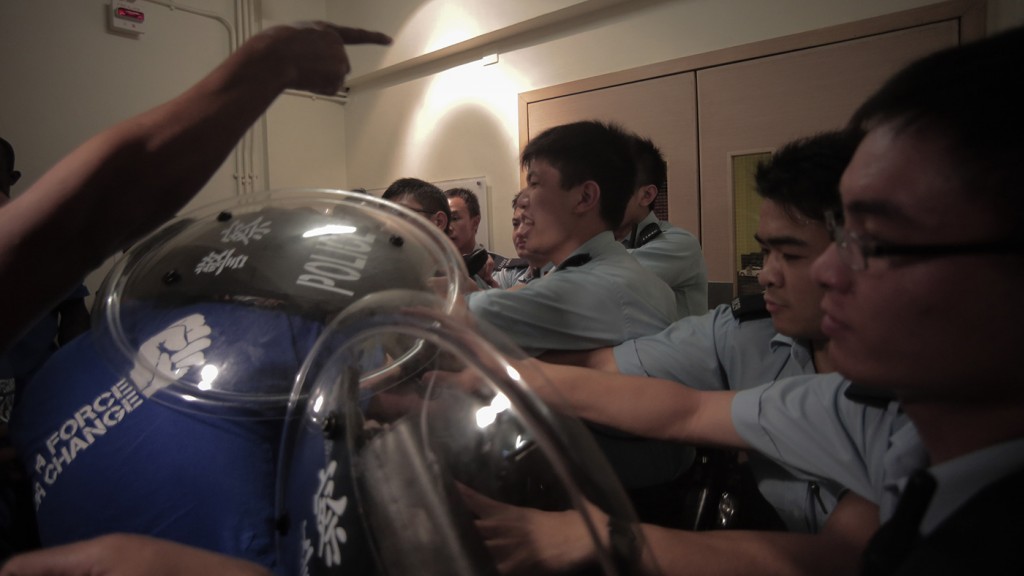
VF Report: The Slum in the Honeymoon House slated for demolition
Jan 7th, 2015 | Crime, Housing, VF Report | Comment
On 11 September 2013 Vision First reported on the Slum in the Honeymoon House where ISS-HK settled more than 30 refugees, including babies, in wooden shacks and metal containers. In our view, this compound clearly demonstrated the result of unsavory practices between an unscrupulous purported landlord and a government contractor who, at a minimum, failed in due diligence.
Over the past sixteen months, Vision First regularly visited this slum collecting evidence of refugees being housed in dangerous and unhygienic structures that no right-minded person could remotely consider suitable for human beings. A lack of sanitation and sewerage was the least of the problems, as these ramshackle huts seemed on the verge of collapsing under their own weight.
Further, we are alarmed that refugee, some having lived there for 5 years, raise concerns about ownership as they inform about a slum lady who used a company (names withheld) for tenancy agreements to receive rent from ISS-HK, despite the land not being registered in that company’s name. Refugees report that the slum lady sold the property in early 2014 to a distraught new buyer who now faces stringent enforcement action by the authorities.
In the wake of numerous cross-departmental complaints filed by Vision First, the Lands Department is finally cracking down on the unauthorized structures erected in this slum that must be demolished or removed as a matter of urgency. Notices issued on 11 and 29 December 2014 have been retained as evidence that ISS-HK settled refugees in illegal structures not fit for human habitation. Again we wonder what supporting documents were submitted to SWD.
The Lands Dept notices call for demolition and warn “The public should thus stop to purchase or rent or reside in the unauthorized structures erected on the Lot. Otherwise, you may face losses or liability in the event of enforcement action by the Government against unauthorized or unlawful structures.”
The department is taking a surprising step, “Besides, for cases where estate agents have been involved in facilitating sales/rental transactions, the District Lands Office will refer to the Estate Agents Authority for her appropriate action.” We wonder if the fallout will implicate ISS-HK caseworkers who also facilitated rentals.
Recently we have been informed from refugee tenants of caseworkers contacting and urging them to move hastily out of this compound. Further, Vision First has been informed that refugees were told these huts were illegal and they would be settled in guesthouses while they looked for suitable rooms. This came as a shock to a refugee who queried, “Why was this location approved by ISS for seven years and suddenly we all have to leave in one week? If it is not good now for us, why was it good before?”
Lands Department inspectors surveyed every inch of the lot and found that not only the tin shacks, but also the solid brick-and-mortar homes are illegal. In no unequivocal terms, the registered owner was told that the entire lot must be returned to its original farmland condition for the raising of crops, which we presume excludes categorically the raising of refugee children.
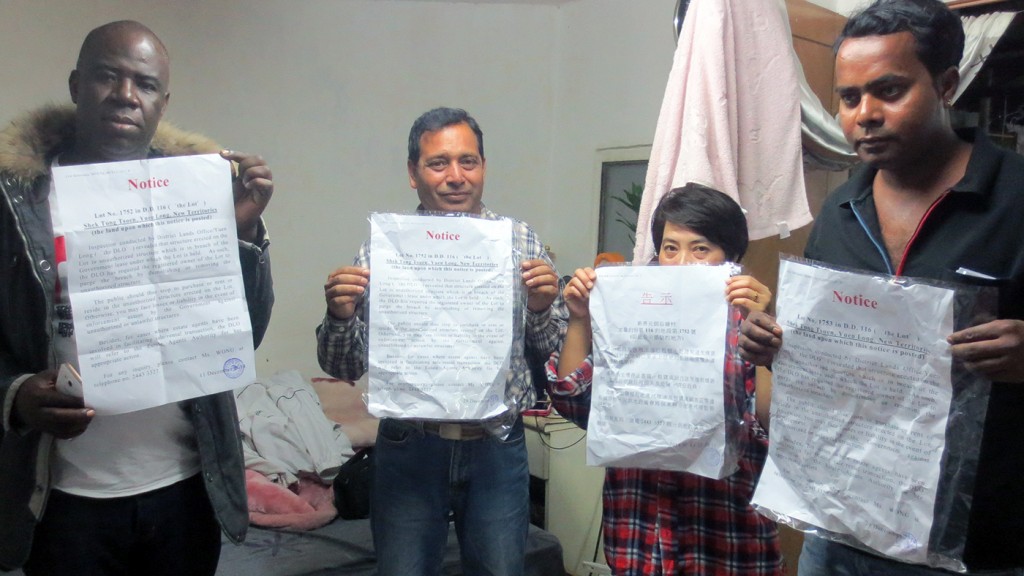
VF Report: Slum on the Hilltop ordered to be purged by Lands Department
Jan 5th, 2015 | Crime, Housing, VF Report | Comment
On 13 September 2013, Vision First reported on the Slum on the Hilltop where ISS-HK paid rent for many refugees at least since 2010, according to the oldest resident interviewed. We were informed that other refugees had lived at this location earlier, under the auspices of ISS-HK, before moving elsewhere.
At this slum Vision First collected copies of numerous Agreements on Provision of Assistance, issued by ISS-HK and duly signed by caseworkers, confirming that the refugees in question were said to officially reside at the following addresses. We cannot but query if any of them is indeed accurate:
- 6/F, House 18, Chuck San Tsuen, Yuen Long
- 89 Shek Tong Tsuen, Yuen Long
- 18 Chuk San Tsuen, Yuen Long
- DD116, Lot 1896, 1892 39 Chuk San Tsuen, Yuen Long
- 2788 Kong Tau Tsuen, Yuen Long
- G/F, House 18, Chuck San Tsuen, Yuen Long
- DD116, 1732 Chuck San Tsuen, Yuen Long
On the most part, the refugees we interviewed were visited by ISS-HK caseworkers in 2013 at the Slum on the Hilltop that was approved as a suitable residential location. It may be assumed that the purported landlord provided ISS-HK with adequate documentation for rent assistance (1200$ a month in 2013) to be approved for each refugee. This arrangement continued into 2014.
Vision First emphatically condemned this illegal structure as unsuitable for human habitation, an opinion that obviously we are not alone to share.
Fifteen months later, in December 2014, a Notice by the District Lands Office, dated 29 August 2014 informed refugees that structures had been erected at that location without approval, in breach of the conditions in the Government lease. The registered owner was required to purge the breach by demolishing or removing the unauthorized structures. Further lease enforcement action was threatened.
Vision First has learnt that following the above notice, ISS-HK caseworkers have allegedly: a) discouraged new refugee from settling in this slum; b) encouraged refugee tenants to find suitable homes and promptly move out; c) refused to approve the renewal of tenancy agreements at this location.
When the last tenants move out in a few months, the Slum on the Hilltop will be history, but questions of public concern remain
- Did the register owner inform ISS-HK that the metal containers and wooden boxes employed to house refugees were unauthorized structures unfit for human residence?
- Did ISS-HK caseworkers conduct due diligence to protect the safety and health of refugees before approving their settlement in this dangerous and unhygienic compound?
- What proof of ownership did the slum lord provide ISS-HK to facilitate rental payments from the public purse and crucially were said documents furnished to the SWD monitors?
- What measures is ISS-HK taking to relocate refugees suddenly forced out of slums, given that the current 1500$ rent allowance is wholly insufficient to secure a basic, legal room?
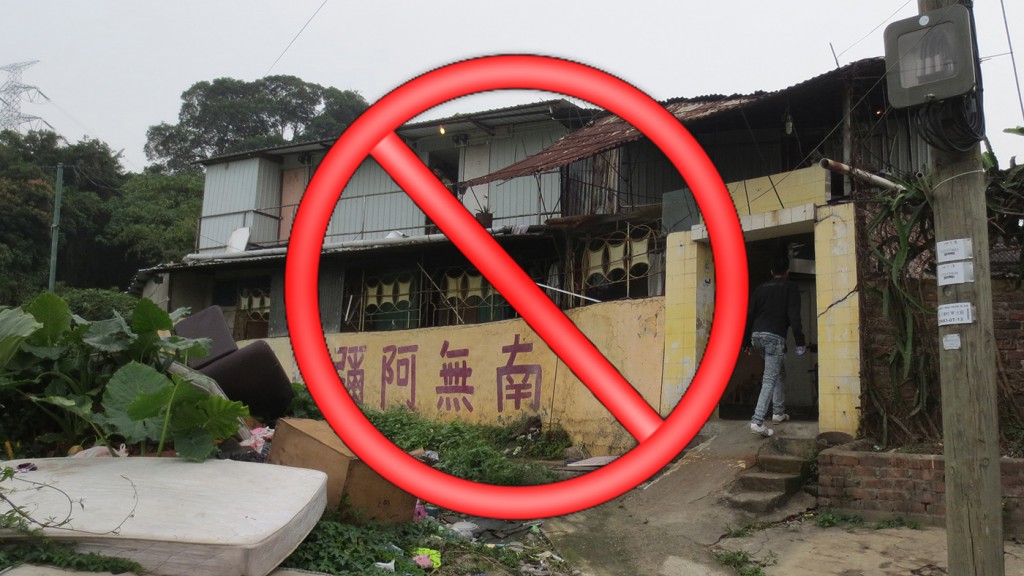
Hong Kong crime rings target naive maids in parks and on social media
Jan 4th, 2015 | Crime, Media | Comment
Through the Karakorum to Hong Kong
Jan 2nd, 2015 | Crime, Detention, Immigration, Personal Experiences, Refugee Community | Comment
I am Pakistani refugee and I arrived in Hong Kong in 2009 from Jehlum where my life was in mortal danger and police cannot help and protect me. I traveled along the Karakorum Highway, on the Silk Road, one of the wonders of the world, to a safe place because my family enemies want to kill me.
On my mind I have a question: Why do many people doubt the reason and way refugees come to Hong Kong? They doubt about this very much, so I will tell you my reason and my long trip along land from Islamabad to Hong Kong. I have never flown in an airplane in my life.
I was happy in my motherland Pakistan and I was having a good job running my own business. But after my father’s death, my other family members wanted to hold and take all our land and other property. At the time my father passed I was 18 years old. Over a few years the fighting get very worse and they killed my older brother and also want to kill me.
I was lucky to run away to another Islamabad to save my life, but they are strong and rich and find me there. I escape again and never feel my life is safe in Pakistan. In my country who have more money buy the police. Then the police refuse to protect victims who cannot pay more. They will also make false charges to arrest and put long time in jail those victims until they find money.
How did I know about refugees in HK and why I choose HK? I had some friends who were before here as refugees and they teach me how I can come, what documents I need and how much time and money it take. At that time I sell my business very cheap because hurry to get a passport with China visa.
I knew that I must reach Shenzhen (China) and that was my first target. I did not choose airplane because by road is much cheaper. I buy bus ticket from Islamabad to Gillgit, which is one and a half day drive. From there I take another bus to Sost, the Pakistan/China border which take more two days.
I buy again bus ticket from Sost to Kashgar (China) where I pass again immigration and they give me entry into China. But my target point is still very far because I need to reach Shenzhen, where Hong Kong is very near and I can easy enter. From Kashgar I buy train ticket to Urumqi, the big and old China city. Then I take a bus to Shanghai, another to Guangzhou and last one to Shenzhen.
I get a lot or problems in China all the way about food and language that is very different from my country. I reach Shenzhen at 11 o’clock at night and buy a SIM card for my mobile to contact my friend to ask him to please tell me how I enter Hong Kong because my visa is only for 23 days in China.
I stay in a hotel in Shenzhen because I am very tired as I was in train and bus for more than two weeks without rest as I carry on my journey. So the next morning my friend call me and tell me “You need to pay HK dollars 5500 for some men and they can help you to enter in Hong Kong by sea on a boat.” [In 2014 smugglers charged 14000 RMB for an illegal passage to Hong Kong]
At night the same day I meet the men near the Lo Wu McDonald and I pay them the money. They arrange for me a boat to take me to Hong Kong. They drive me in a small car to the seaside and a Chinese boy driver and other 8 people I see on the boat. It is 12 o’clock at night and the man go back in the car. I sit on the small boat that I worry it is very dangerous and only good to catch small fish.
After two hours already in the sea, some HK Marine Police boat come to us and tell us “Hands Up and show your identity!” It is very unlawful what I was doing, because without visa documents we can’t enter in any country, but I must find a safe place to save my life.
After I show my passport to the marine police, they say, “You are safe. Don’t worry!” and they bring me inside police station. From there they send me two days later to CIC detention center. I was bailed out in October 2009 and until today I am waiting to start my interview process.
(Name, Immigration and contact details provided)
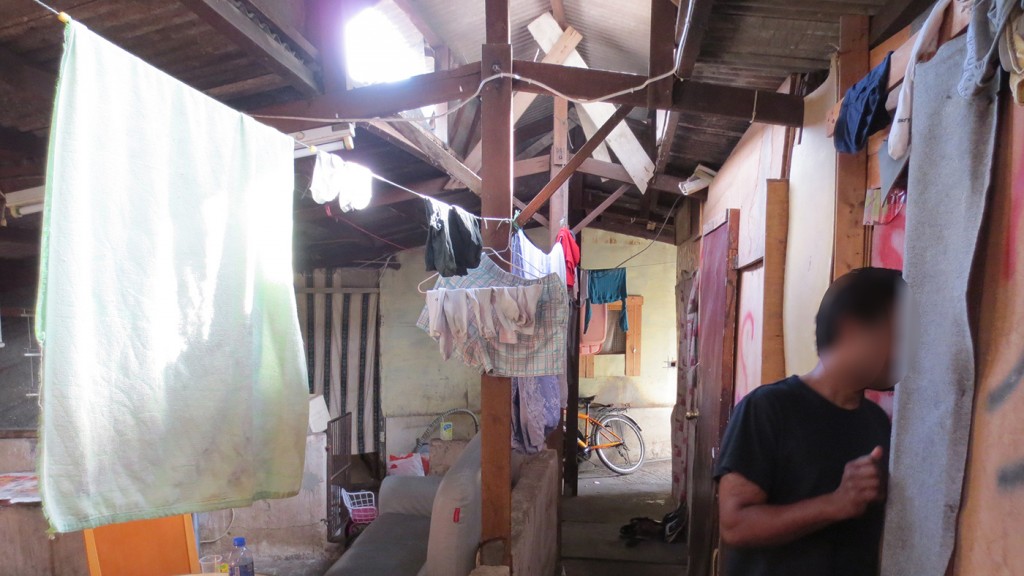
I am refugee
Dec 31st, 2014 | Crime, Personal Experiences, Refugee Community, Rejection | Comment
Does it matter who am I? Does it matter where I come from? I have been trapped in Hong Kong too long to distinguish between myself and the other thousands like me. I do not hear the clanging of gates, or the clinging of keys, but asylum stripped me of my freedom. It is prison by other means. I am refugee.
My life was torn apart by the insanity of war that makes no distinction between combatants and civilians. Nobody can sit on the fence, or claim neutrality, when the guns start firing. There are only two choices left: to fight or to escape. Either way the consequences become tragically unavoidable.
It so happens that I had travelled to China before and a valid visa permitted my hurried escape. I had never realized how expendable life was until I lost family and friends to human savagery. Such brutality reached me in the form of graphic photos that underscored how evil and vicious life can be.
That is the past and I have no way of changing it. I accepted my misfortune and my losses to avoid going mad wondering what might have happened had I made differently choices. The truth is that I lost the privilege of choosing after seeking asylum in a city-prison that doesn’t want me, but I am unable to depart.
Do I have the choice to opt out if I want to? Only if I could rewind time, could I avoid the invisible walls that imprison me in Hong Kong. There is no shame in my defeat, because events beyond my control swept me aside and sealed my cruel fate after destroying everything I cherished.
My life was interrupted by the shock of asylum when I realized that I will never be granted protection by HK government. Only 22 persons were granted asylum in Hong Kong out of 15,000 claimants since 1992. What are my chances? I have no future. Daily indignities destroy my self-respect as I beg for assistance with rent, food and incidentals, under threat of arrest and jail if I dare to work. I am refugee.
I believe that the dignity of a man is measured by the breadth of his mind and the depth of his character. Instead asylum labelled me a loser and tossed me in the garbage dump of humanity. I am worthless as I am denied legal status. I am powerless as I don’t have socio-economic rights.
Hong Kong judges me for what I have and by what I do for a living. I have nothing but the clothes I wear and I am prohibited from making a living, so I am disposable and easily forgotten. Nowadays so much value is given to social status and belongings that marginalized people are treated like lepers.
It is terribly ironic that by denying asylum, Hong Kong government also strips refugees of humanity. It feels like a huge betrayal of international treaties that these failures are glaringly self-evident: an effective zero-percent acceptance rate; endless waiting period; interminable assessment process stretched over years; protracted determination period that inevitably ends with rejection …
I felt profoundly betrayed when I realized that the Immigration Department’s asylum system was a farce. Never mind that the process stops and starts every few years and reforms are introduce with great fanfare, because results speak louder than words and justice cannot be heard.
(Name, Immigration and contact details provided)
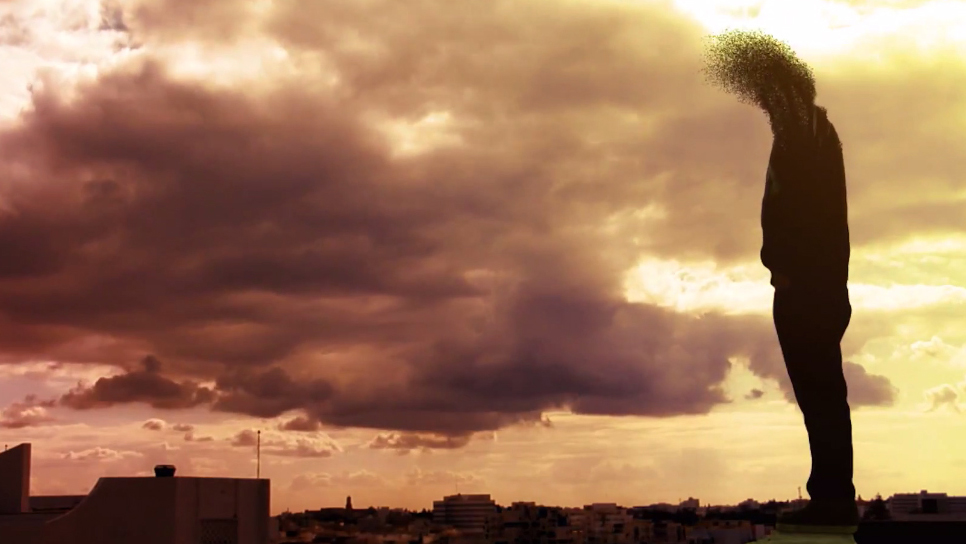
VF commend refugees for sharing stories with world
Dec 20th, 2014 | Advocacy, Crime, VF Opinion | Comment
Outspoken refugees are on a writing spree. Many of Vision First’s recent blogs featured our members sharing experiences of deprivation and destitution in Hong Kong, the latter remarkably a condition that the HK government supposedly aims to prevent by providing ‘in-kind’ humanitarian assistance.
The latest of these blogs, Rashid’s testimony of suffering at the hands of ‘the law system force refugees to do crime’, shines a spotlight on a problem that few ever raise despite it being well known.
Several questions spring to mind. Is the government hiding behind a humanitarianism smokescreen to undermine refugees’ civil rights and effectively force deprivation upon them? Is there a covert goal to raise their visibility in the criminal justice system? Do welfare strategies cunningly reinforce propaganda depicting refugees as undesirable illegal economic migrants and criminal abusers?
Rashid’s story raises a number of problems that we believe ought to be urgently addressed by the authorities.
First, upon release from detention ‘humanitarian’ assistance isn’t available for several months, which increases the vulnerability of newly arrived refugees to economic abuse and exploitation. “A middle-class dog is treated better”, Rashid astutely observes. For weeks he slept rough in a public park, deprived of basic accommodation he could not afford on his own after agreeing with Immigration he would not work.
Second, talented refugees are turned into beggars and ‘terrorist-looking’ individuals, a dehumanizing process that arguably raises their categorization into a homogeneous group enclosed by clearly defined boundaries that set them as extraneous bodies in a wealthy global city where rightful residents are expected to be self-reliant.
Third, excluded from society, refugees are mentally tortures, deprofessionalized and deprived of their liberty. They are unlawfully detained in a “walking prison”, Rashid plaintively laments. Government control capacity has expanded in late modernity to a point that it need not lock people up anymore. Instead, states may exclude undesirable behaviour by creating labels that immediately cast bearers as outcasts, forcing their marginalization and surveillance.
Fourth, Rashid’s story is exemplar in that he perceptively understands the causation of the resultant problems. “Is the law fair?” he ponders distrustfully. While he certainly wants to believe so, he mournfully notices that it is indeed the law and its implementation that force refugees to find their way out of an untenable situation by seeking personal survival through legal or illegal ways.
Shackled by the twin chains of inadequate welfare and work ban, refugees speak of an ugly reality nobody dares to cast in the spotlight. Such an inconsistency cannot be ingenuously unplanned. Meanwhile an entire generation of people is lost to crime, crushed by the wheel of a repressive justice system. Why is this happening?
